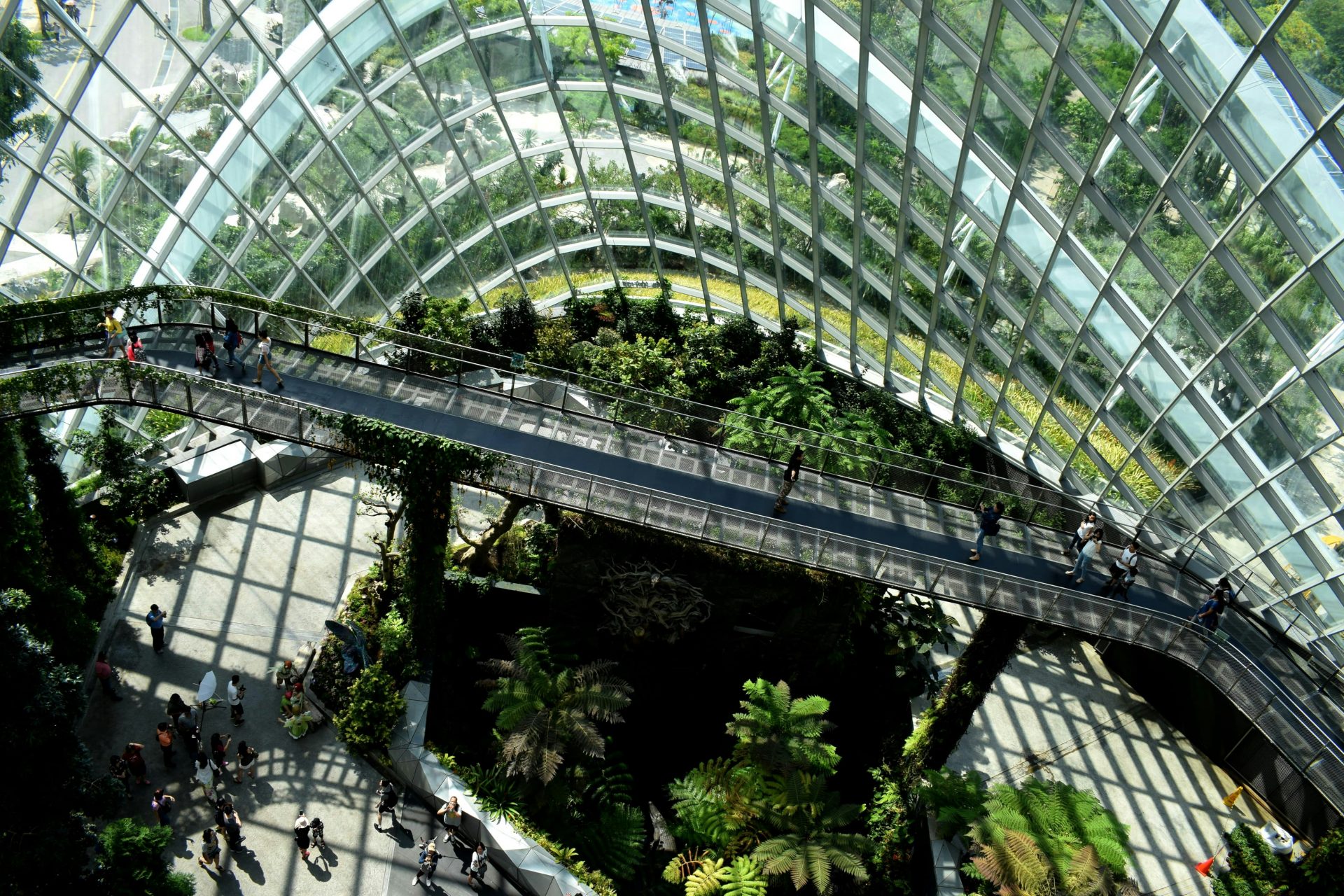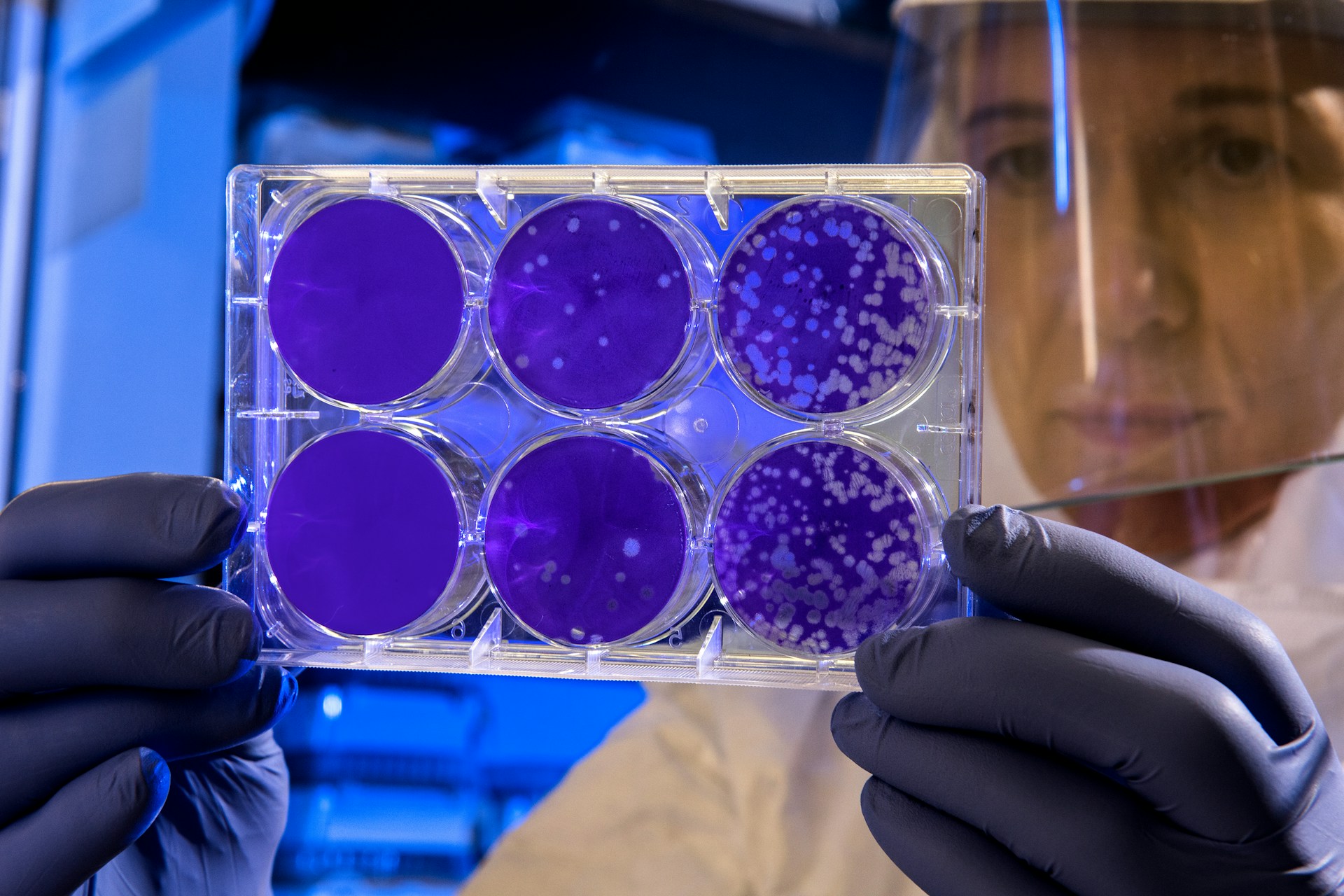Cutting-Edge Green Cleaning Technologies of 2024: The Rise of Electrolyzed Water
In recent years, the demand for sustainable and environmentally friendly solutions has led to the development of cutting-edge green cleaning technologies. Among these innovations is electrolyzed water, which has emerged as a powerful and eco-friendly cleaning agent that is revolutionizing the way we approach cleanliness.
Electrolyzed water technology uses a simple combination of water, salt, and electricity to generate two potent solutions: hypochlorous acid (a powerful disinfectant) and sodium hydroxide (an effective multi-purpose cleaner and degreaser). E-water not only eliminates the need for harsh chemicals but also significantly reduces the environmental impact of traditional cleaning agents.
In this article, we will explore the significance of this technology and why it is crucial for cleaning solutions to be non-toxic and non-corrosive.
I. The Need for Green Cleaning Technologies:
Traditional cleaning methods often involve the use of harsh chemicals that pose risks to both human health and the environment. As awareness of these hazards has increased, there has been a growing demand for green cleaning technologies that can effectively clean without compromising safety.
The need for sustainable solutions has paved the way for the development of innovative alternatives, with electrolyzed water at the forefront.
II. Understanding Electrolyzed Water:
Both hypochlorous acid (HOCl) and sodium hydroxide (NaOH) exhibit potent cleaning properties.
A. Hypochlorous Acid: A Natural Disinfectant
Hypochlorous acid is known for its powerful disinfecting properties. It is found naturally in the white blood cells of all mammals to combat bacteria and disease. Despite its effectiveness in killing bacteria, viruses, and other pathogens, hypochlorous acid is non-toxic to humans, making it a safe alternative to traditional disinfectants.
B. Sodium Hydroxide: Breaking Down Grease and Grime
Sodium hydroxide, another solution resulting from the electrolysis process, is highly alkaline and effective at breaking down grease and grime. This makes it an excellent cleaning agent for a wide range of surfaces, from countertops to floors, without the need for corrosive chemicals.
III. Advantages of Electrolyzed Water:
Eco-Friendly: Unlike traditional cleaning chemicals that contribute to pollution and harm ecosystems, electrolyzed water is a sustainable solution that minimizes its impact on the planet.
Non-Toxic: The safety of cleaning solutions is paramount, especially in environments where people live, work, and play. Made with just salt and water, e-water solutions are inherently non-toxic, ensuring that cleaning and disinfecting processes do not pose health risks to individuals exposed to them.
Non-Corrosive: Corrosive cleaning agents can damage surfaces over time, leading to costly repairs and replacements. By keeping these two solutions separate, the chemical output can be non-corrosive and provides effective cleaning and disinfecting solutions without compromising the integrity of the materials they’re used on.
Cost-Effective: The production of electrolyzed water requires only water, salt, and electricity, making it a cost-effective alternative to purchasing traditional cleaning chemicals. Businesses in a wide range of industries can benefit from reduced expenses while contributing to a more sustainable future.
IV. Applications of Electrolyzed Water:
The versatility of electrolyzed water extends to various applications, making it suitable for nearly any commercial use scenario.
Commercial Cleaning: Businesses, including restaurants, hotels, and offices can benefit from the disinfecting and cleaning properties of electrolyzed water. Its effectiveness against pathogens makes it a valuable asset in maintaining a hygienic and safe environment for patrons and workers.
Healthcare Facilities: Electrolyzed water’s ability to disinfect without harmful side effects makes it an ideal cleaning solution for healthcare and senior living facilities. It can be used to clean medical equipment, surfaces, and even patient or resident rooms.
Food Industry: In the food industry, where hygiene is paramount, electrolyzed water can be used to sanitize food preparation surfaces, equipment, and utensils. The electrolyzed water disinfectant, hypochlorous acid, is used to kill foodborne bacteria such as e. Coli, salmonella, and listeria. Its non-toxic nature ensures that no harmful residues are left behind.
V. Future Trends and Developments:
As technology continues to advance, the green cleaning industry is likely to witness further innovations in electrolyzed water and other eco-friendly cleaning solutions. Researchers and manufacturers are exploring ways to enhance the efficiency and accessibility of electrolyzed water, ensuring that it becomes a mainstream choice for individuals and businesses alike.
In the quest for sustainable and environmentally responsible solutions, electrolyzed water has emerged as a game-changer in the field of green cleaning technologies. Its non-toxic and non-corrosive properties make it a safe and effective alternative to traditional cleaning chemicals. As awareness of the environmental impact of cleaning practices grows, electrolyzed water stands at the forefront, paving the way for a cleaner, safer, and more sustainable future.
Article authored by Joshua Schwartz, President and Co-Founder of Viking Pure Solutions




